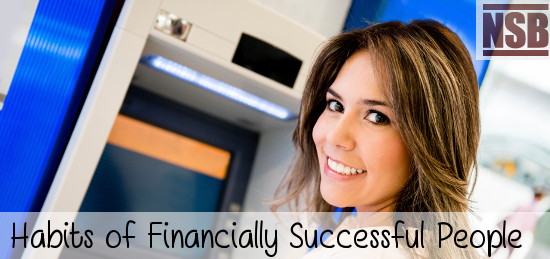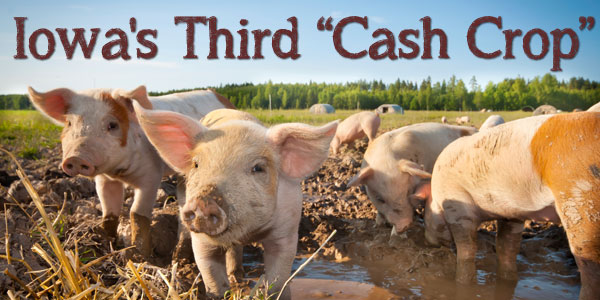February is filled with the season of love and it doesn’t have to just be with your relationships. Northeast Security Bank wants you to get romantic with your finances through spending quality time with your budgets, spending habits, and savings. You will fall in love with your personal finances again if you dedicate a little bit of your time to them. Today, we are going to show you how easy it is to get romantic with your finances.
Personal Finance Habits
Sit down and make a budget. Just like with any relationship, communication is a key to financial success. Communicate on your budget to make it clear what you are spending and how much you should be saving. Sticking to this budget can eventually help you meet your personal financial goals of travel, buying a home, or purchasing a new car. Budgets may seem hard to stick to, so remember when making one to be realistic.
Evaluate your spending habits. Are you guilty of going out to eat too much? Or do you hit the mall more often than you should? By evaluating your spending habits, you can put into perspective how much money you’re really spending. This may be a hard thing to do because you may realize you are spending more than you should be on unnecessary material items.
Save before you spend. Before each purchase you make, take the time to think about if you really need it. Most of the time, it is not a necessary item you need. Here’s a good rule of thumb: if there is something at the store you want, don’t purchase it right away. If you’re still thinking about it the next day, go back and purchase it, but most of the time you will forget about it.
Northeast Security Bank wants you to fall in love with personal finance this month by spending time on your budget. Contact us today if you have questions about savings and checking accounts.










